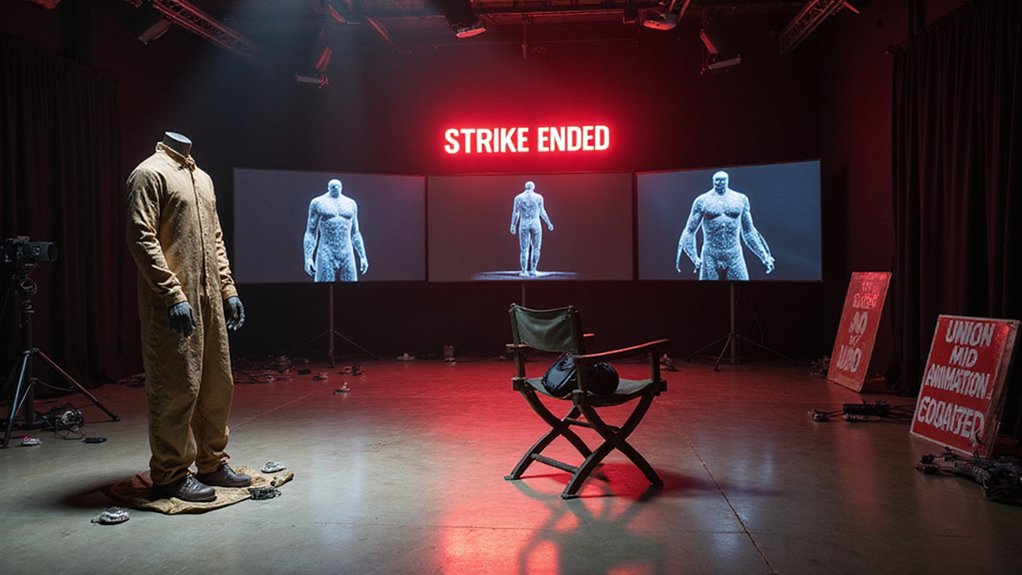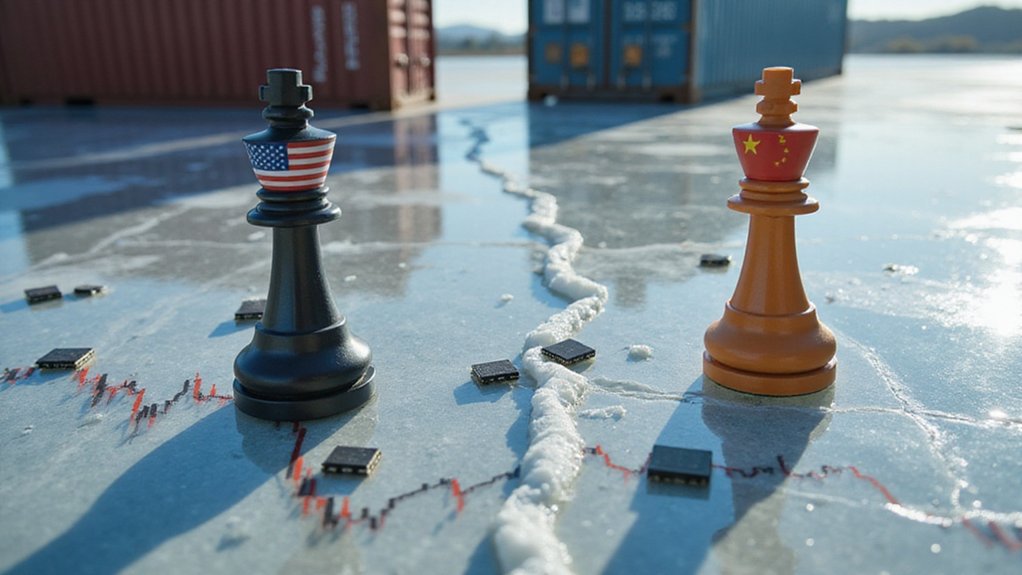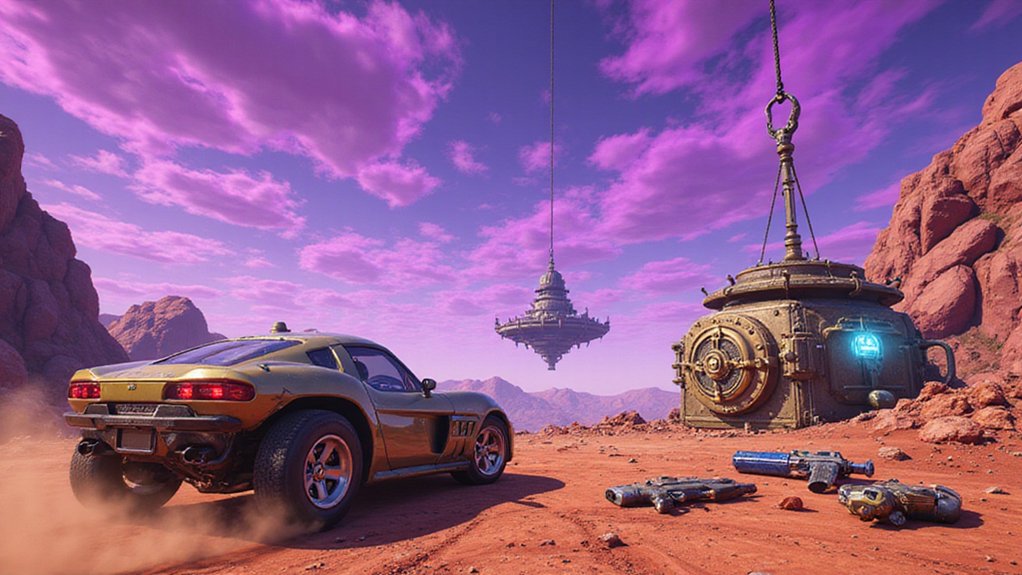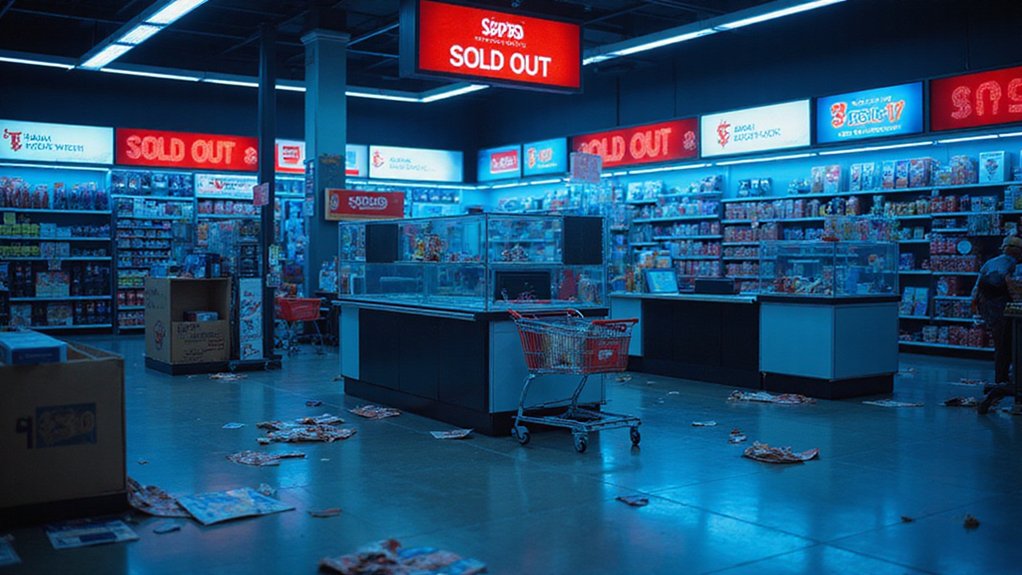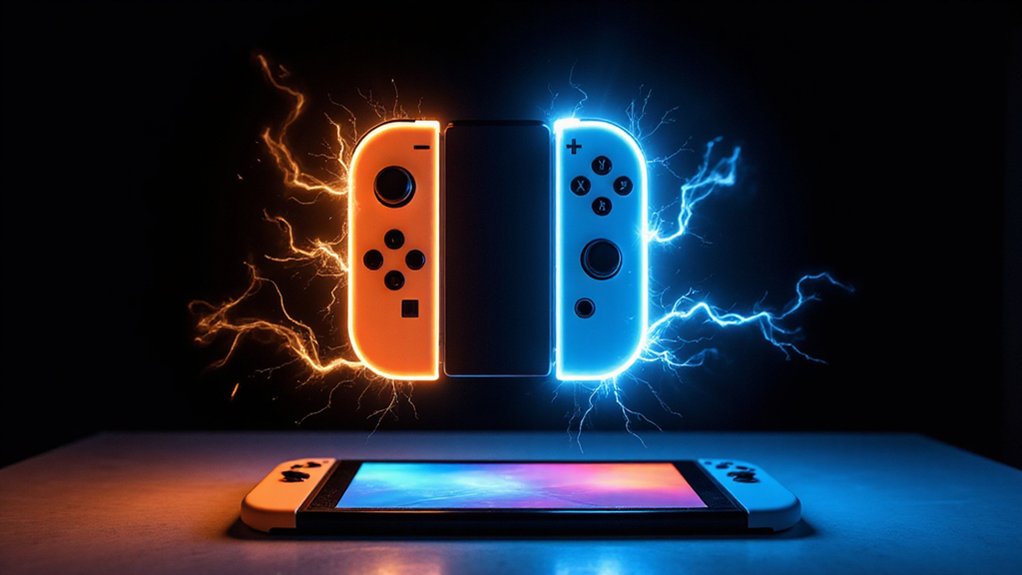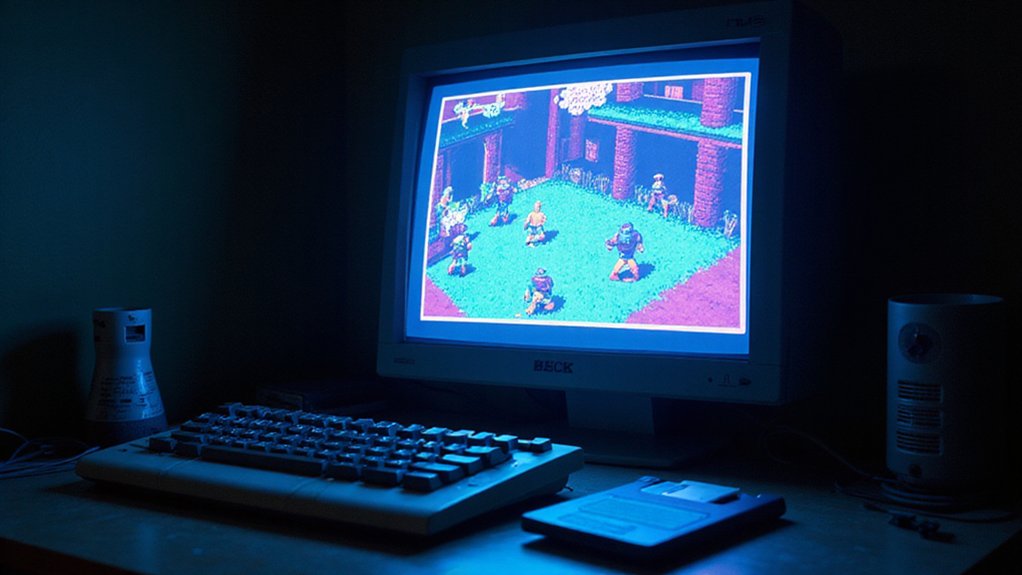After nearly a year of holding the line, video game actors finally got what they wanted. The strike that started July 26, 2024, officially ended with AI protections that matter. No more digital clones without permission. No more stolen voices. Companies now need consent before turning performers into pixels.
Video game actors win historic AI protections after year-long strike against unauthorized digital cloning.
The deal covers everything—voice, image, motion capture. Even stunt performers got protection for their composite work. Apparently, game studios thought they could just scan actors and use their performances forever. Wrong. Now they need approval and have to pay fair compensation when they create digital replicas. About time.
This wasn’t some quick negotiation. We’re talking 18 months of failed talks before 2,600 unionized actors walked off the job. They stopped all work on struck titles, including promotional appearances. The walkout hit major players like Activision, Electronic Arts, Take-Two, and WB Games.
These companies initially claimed their AI proposals were good enough. SAG-AFTRA disagreed, pointing out massive loopholes that only protected “readily identifiable” performances. Translation: they could still clone you if they tweaked things just enough.
The timing couldn’t be worse for studios. The $200 billion gaming industry is struggling with declining hardware sales and widespread layoffs. Companies turned to AI tools to cut costs, which scared the hell out of creative workers already watching colleagues get pink slips. Actors saw the writing on the wall—cheap AI replicas meant fewer human jobs.
This agreement builds on similar protections film and TV actors won in 2023. The provisions aim to prevent unauthorized digital imitations that could replace real performers. Studios can’t just generate performances without oversight anymore. They need permission, period.
The strike marked SAG-AFTRA’s second video game walkout in a decade. The previous strike lasted from October 2016 to September 2017, resulting in a bonus compensation structure for performers. But this time felt different. With generative AI getting better and cheaper, actors knew this was their moment to draw a line. Lose this fight, and they’d be competing against their own digital ghosts forever. The victory comes as a significant push against the erosion of trust that artificial intelligence has created across creative industries.
The union made it clear: protecting live performer jobs isn’t negotiable as AI spreads through interactive media. During the strike, SAG-AFTRA secured 130 AI agreements with individual video game developers, showing studios they meant business. Message received.
References
- https://www.latimes.com/entertainment-arts/business/story/2025-06-09/video-game-strike-over-sag-aftra-deal
- https://www.perplexity.ai/page/video-game-actors-reach-deal-t-2iqKZgzrQfy98HcpXPjVpg
- https://www.cbc.ca/news/video-game-actors-strike-deal-1.7556903
- https://abc7.com/post/video-game-actors-strike-call-ai-biggest-threat/15101983/
- https://www.businessinsider.com/gaming-strikes-actors-developers-ai-protections-2024-9
